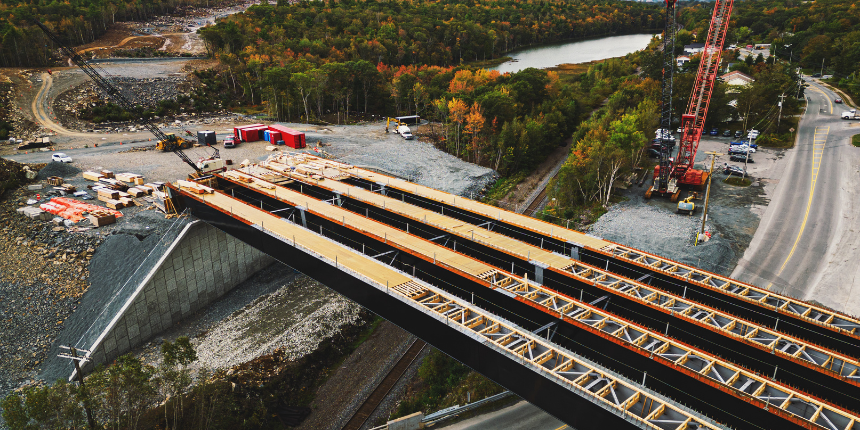

During the recent federal election, the campaign often focused on measures a government could undertake to make Canada more resilient in the face of external threats. When the House of Commons resumed following the election, the new Liberal government quickly introduced its signature legislation, Bill C-5, The Free Trade and Labour Mobility in Canada Act and the Building Canada Act, which received Royal Assent on June 26, 2025.
The legislation aims to fulfil these election promises by taking steps to reduce interprovincial barriers to trade and labour mobility and establishes a new, streamlined regulatory process for major projects deemed to be in the national interest. Bill C-5 is broken into two parts: the Free Trade and Labour Mobility in Canada Act and the Building Canada Act.
The Free Trade and Labour Mobility in Canada Act
The first part of Bill C-5 requires that federal regulatory bodies recognize professional licences issued by provincial or territorial regulators. The federal government does not issue licences for engineers and other professions that are regulated provincially. Therefore, Engineers Canada does not believe that Bill C-5 will impact the regulation of the engineering profession.
That said, we understand the intent of Bill C-5 is to facilitate interprovincial labour mobility. Canada’s engineering regulators have been working for many years to reduce barriers to labour mobility for engineers across the country. Consistent with Canadian Free Trade Agreement requirements and provincial mobility legislation, the engineering regulators have introduced efficient processes to license each other’s registrants who are in good standing. This process allows the provincial and territorial regulators to ensure that applicants are properly licensed, which is imperative for the continuing protection of public safety.
The Building Canada Act
The second part of Bill C-5 is focused on streamlining the development of major projects that are deemed to be in the national interest. These projects will be determined according to criteria that include where the project “strengthens Canada’s autonomy, resilience and security; provides economic or other benefits to Canada; has a high likelihood of successful execution; advances the interests of Indigenous Peoples; and contributes to clean growth and to meeting Canada’s objectives with respect to climate change.”
Engineers Canada believes it is in the national interest that new projects are built to the highest engineering standards and that engineers are held accountable for their work. It is critical that the expertise and professional accountability of engineers is built into the identification, prioritization, and execution of new projects in the national interest. Professional accountability for engineers advances the public interest in safe and resilient economic development.
As Canada identifies projects in the national interest, the federal government can ensure public safety by requiring that projects demonstrate sound engineering principles. Project proponents can demonstrate this through the active involvement of engineers in the development of project proposals and by ensuring that only engineers take responsibility for engineering decisions throughout the project’s execution.


